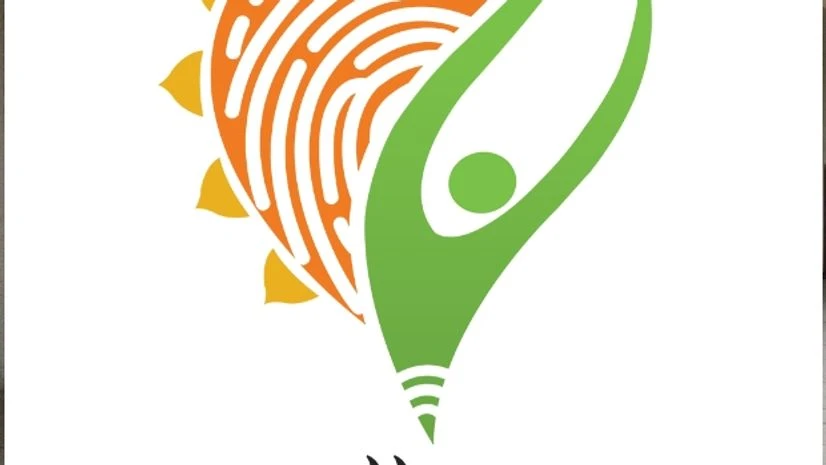The National Democratic Alliance (NDA) government has decided to complete the linking the bank accounts to Aadhaar numbers of all the beneficiaries of large social schemes, including the National Food Security Act, by March 2017. Once done, the delivery of these schemes would be based on biometric authentication linked to Aadhaar or direct cash transfers to linked bank accounts of beneficiaries.
The directions came after a meeting held at the Prime Minister's Office in June this year to link not only cash-based benefits but also those in kind under different central schemes to Aadhaar. Since then, the Centre has repeatedly written to states to make the transition. Business Standard has reviewed the minutes of the meeting as well as the Centre's missives to states.
On Thursday, the government moved a step closer to making the use of Aadhaar mandatory. The Unique Identification Authority of India (UIDAI) sent out a circular asking all government authorities in the Centre and states to identify schemes, benefits and processes where the Aadhaar platform would be made compulsory.
More From This Section
A B Pandey, chief executive officer of UIDAI, said the authority did not reveal the reports on how the biometric authentication was working although it collects these reports for each entity using the Aadhaar-linked authentication system.
The ministry for food did not reply to a detailed questionnaire asking for data on the efficacy of Aadhaar-based biometric authentication from states and districts where it has already been deployed in complete or in pilot study mode. Andhra Pradesh, one of the early movers, has put 28,000 ration shops on the Aadhaar platform. Pandey said it now showed 4-5 per cent failure rate.
Rajasthan is the other state that has put all its ration shops on the platform. Assessment done by MAZDOOR KISAN SHAKTI SANGATHAN showed that in the state less than 65 per cent of the people on average were availing rations through the biometric authentication. The data did not reveal how the rest had accessed their rations though the systems provide for a manual over-ride which remain as leak-prone as the earlier non-computerised system followed earlier of maintain registers.
Replying to an answer in the Parliament on the failure in Rajasthan, the state minister for finance, Arjun Ram Meghwal, had recently said UIDAI concluded the lack of infrastructure was to blame. This included insufficient lease-line capacity between servers of Rajasthan government and UIDAI Data Centres, poor mobile signal at fair price shops, incorrect seeding of Aadhaar numbers in PDS database and insufficient number of Iris devices to deal with the cases of poor finger print quality.
The UIDAI chief admitted in an interview to Business Standard that Andhra Pradesh had managed lower failure rates after a lot of effort and that states with worse infrastructure would find it more difficult, though he narrowed the list of such states down to northeast.
Last year the central government had given the states only two choices. Either they had to move on to the Aadhaar-linked authentication system for distribution of grains or turn the subsidised food supply to cash transfers. At that stage it had asked that states carry out pilots. Some like Jharkhand have. In Ranchi all the ration shops were put on the platform but less than 50 per cent of the people got their rations through biometric authentication in July 2016 (the month for which data was available for analysis), wrote economist Jean Dreze recently.
In its defence, the UIDAI CEO says protocols exist to manage when biometric authentication fails. A fall back option is deploying Iris reading machines, but these are only recommended and not made mandatory. Reverting back to manual override on the machines, which is also available, on the other hand brings the system back to pre-computerisation days. UIDAI says it is taking teams from other states to Andhra Pradesh to learn lessons.
The centre is holding a two day meeting of state officials on Friday and Saturday on computerisation of the public distribution system in which several sessions are dedicated to linking the provision of subsidised rations to the Aadhaar platform.

)
